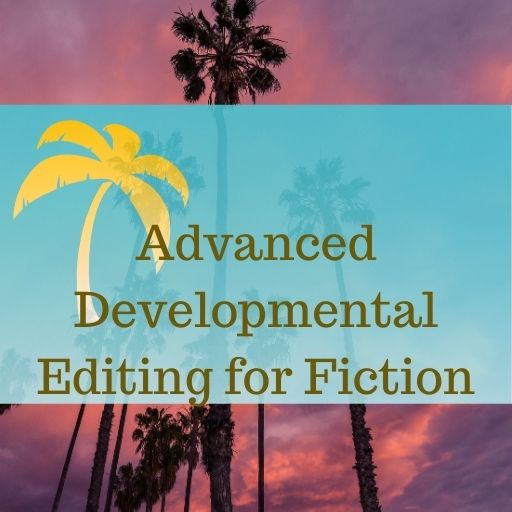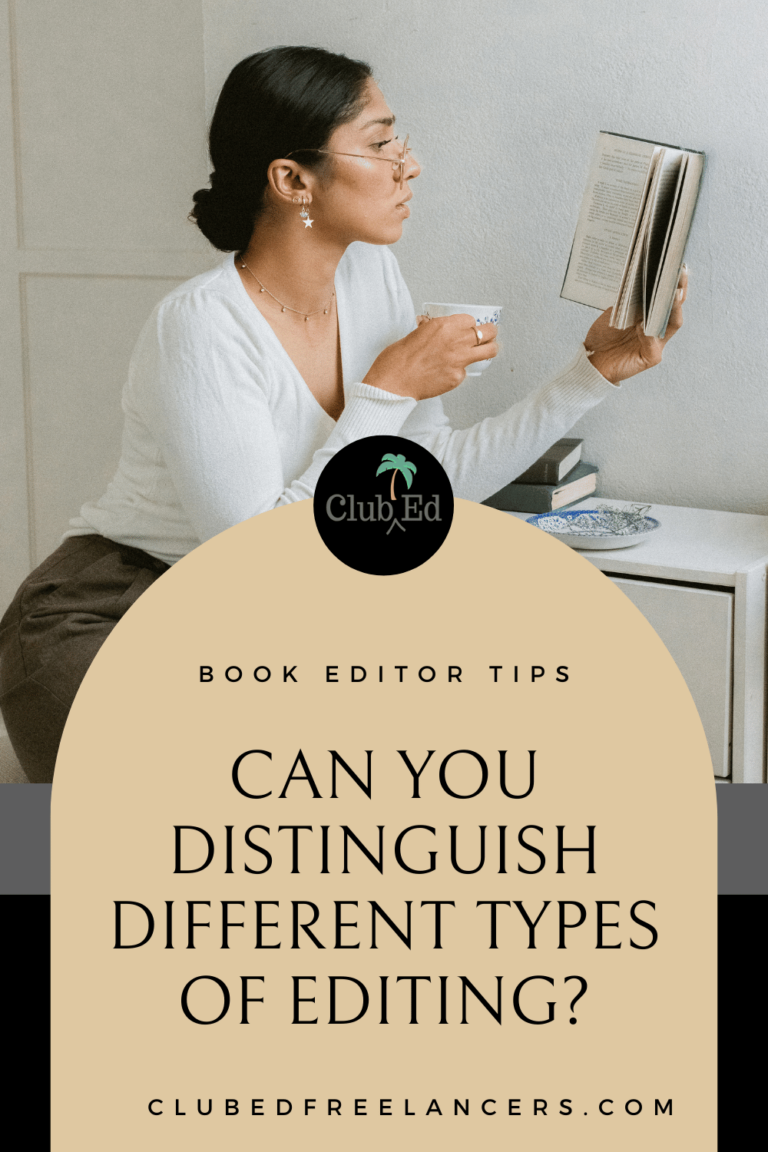Developing a Story Editor Attitude
Developing a story editor attitude is not about being right or wrong, but more of a subjective approach to helping authors create their best writing.
In story development/developmental editing, there’s really no such thing as being “right” about an issue. When you’re doing copyediting at least you can say, “Chicago recommends the use of the serial comma” to back up your edits, but with DE, we’re going on what is subjective judgment.
As with anything, some subjective judgment is more competent than others: if I have a collection of vague symptoms, I’m going to trust my doctor has a better idea of what’s going wrong with me than the guy across the hall who’s late for his acting lesson.
But this post isn’t about the client trusting you, it’s about you learning to give up being right. Here are some tips I’ve found helpful in developing a story editor attitude.

My Best Tips for Developing a Story Editor Attitude
1. Make a solid argument. Sometimes editors make a lot of assertions about a ms without really digging into why they feel that way. If you stop to make a good argument for what the problem is and why your solution will solve it, you’re more likely to notice if you don’t have any facts on your side.
2. Engage with other perspectives. I read other editors’ and writers’ information on writing and editing all the time in order to see what they’re saying about various issues we all encounter. I may disagree with someone’s take, but it helps me remember that we’re talking about issues of judgment, not right or wrong.
3. Talk with colleagues. This is a great way to do what I like to call “perspective surveying.” This can include anything from “So, what would you do if” types of questions asked in an online group you’re part of to being part of a book club that discusses a genre you edit.
4. Take in other storytelling styles. I teach and edit from a western perspective, where the quest storyline is the dominant way to tell a story. This is not the only way to tell a story, though. So, I try to read widely from other cultures to get a sense of what matters to others when telling a story. I don’t try to edit those other types of stories because I’m not competent in them, but they help me see the world is wide.
5. Let it go. Let go of the idea that dev editing is about “correcting” or “fixing” anything. That just leads you to a “there’s a right way to do this” mindset. Instead, think of your work as helping the story become truer to the author’s vision for it, or that your work is to be the readers’ proxy and show the author how to be more appealing to that reader. And then . . . let go of the idea that you will ever be right about anything.

Tips for Editors & Writers
World-building without info-dumping
World-building is often seen as the province of science fiction and fantasy writers who have to convey new-to-us settings and cultures, and occasionally by historical writers who have to convey the feel of an era that a reader may not know much about. But every story takes place somewhere. Even stories set in a contemporary…
Focus on a limited number of problems in story development
Typically in a manuscript evaluation or developmental edit, I focus on what I perceive to be the three-to-five most important concerns I’ve noticed in the ms. This is the approach I teach my editing students. Editing too many problems at once overburdens the author In any given ms, there may be ten or fifteen developmental problems…
Clients who want services you don’t offer
Newer freelancers sometimes come to me in a panic because a client has approached them to do work that’s outside their typical scope. Commonly this is something like the freelancer offers copyediting and developmental editing but the client wants coaching. What should they do? They don’t know how to coach, they don’t offer coaching services,…
Join the Club!
New to story editing? Begin at the beginning.





